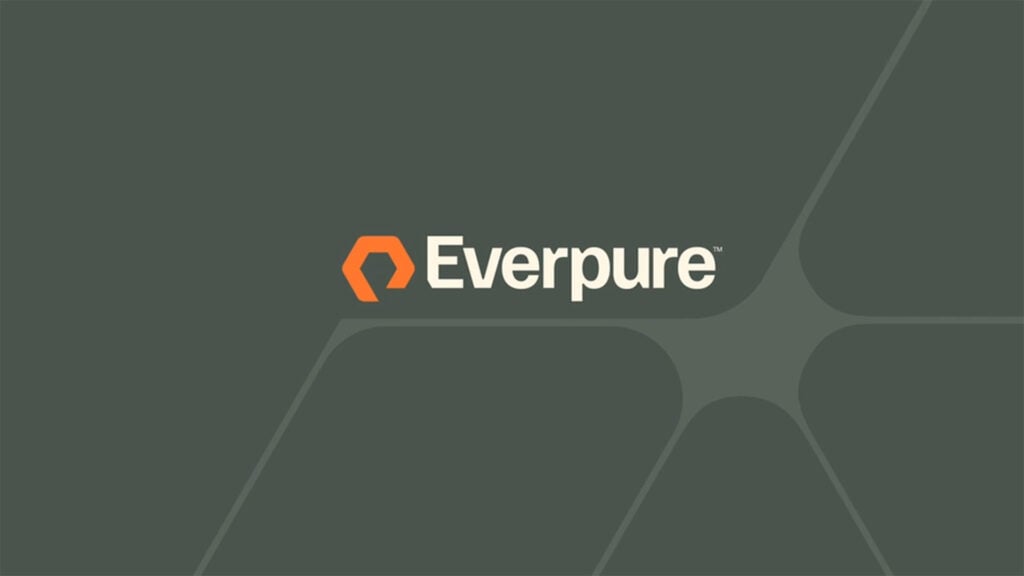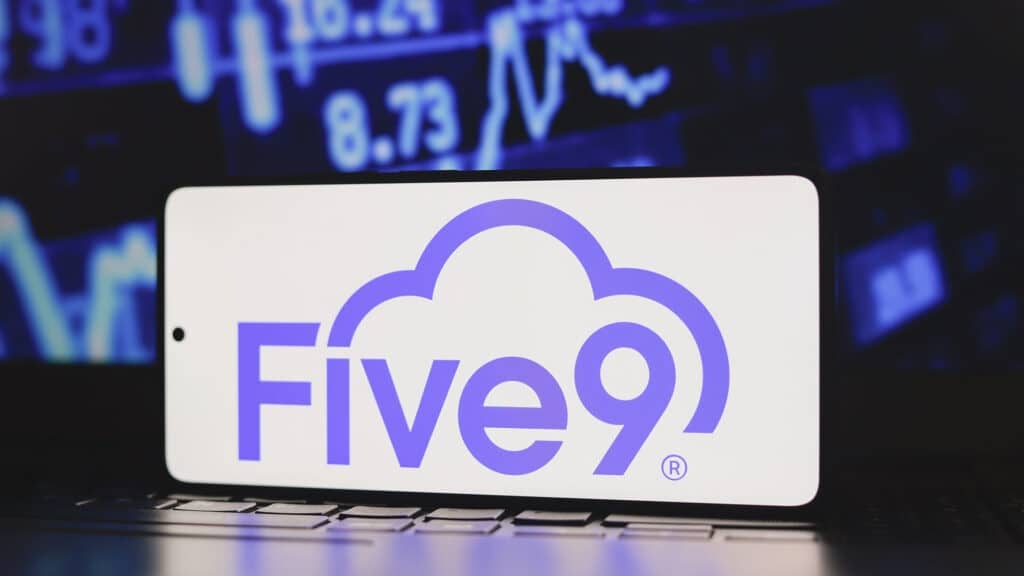The News: On August 13, SK Telecom told the media it will invest $100 million in startup large language model (LLM) Anthropic. The company said this in the announcement: “Anthropic will work with SKT to fine-tune Claude to telco use cases, including industry specific customer service, marketing, sales, and interactive consumer applications. By customizing the model to the telco industry, telcos will benefit from increased performance relative to the use of more general models.”
Read the Reuters report on SK Telecom’s investment in Anthropic here.
In related news, 2 weeks earlier on July 27, SK Telecom, Deutsche Telekom, e&, and Singtel announced the formation of the Global Telco AI Alliance. According to the press release, the members “…agreed to make joint efforts to accelerate AI transformation of the existing telco business, and develop new growth drivers through new AI-powered business models.”
Here are the pertinent details:
- The four members will jointly develop what they are calling the Telco AI Platform by combining their respective technologies and capabilities. It is expected to serve as the core foundation for new AI services, including those designed to improve existing telco services and digital assistants. The members formed a joint working group to discuss co-investment and co-development to reach an agreement.
- The Alliance appears to be aiming inside telecom, but also outside: “Through collaborative efforts, we will accelerate AI transformation of all industries, provide new value and experience to our customers, and lead the growth of the global AI system,” said Ru Young-sang, SKT CEO. “…we want to develop industry-specific applications in the Telco AI Alliance,” said Claudia Nemat, Board member technology and innovation at Deutsche Telekom.
- In an SK Telecom earnings call, Jeong Seok-geun, head of the global AI tech business for SKT, said there is a desire to address scale in telecom, “SK Telecom has been making investments in AI for the past couple of years, so we believe that we can lead this particular alliance with global telcos so that we can gain economies of scale. By doing so we can strengthen the negotiating power of the telcos as part of the alliance, and we can use our own LLM technology to build AI platforms where global telcos develop LLM technologies together.”
Read the full Press Release on the formation of the Global Telco AI Alliance here.
Global Telco AI Alliance and SK Telecom’s Anthropic Investment
Analyst Take: Another telco alliance. Some, like the GSM Association, have been remarkable successes, but for lots of other telco alliances, that has not been the case. Is a Telco AI alliance merited? Is the focus intended to build AI to enhance telco or do telcos want to be vendors selling AI services to enterprises, much in the way they have dabbled as cloud or call center providers? What do the business models look like? How does SK Telecom’s $100 million investment influence Anthropic’s development of an LLM for the Alliance? The answers to these key questions will determine the impact of the new alliance.
Is a telco AI alliance merited?
Telcos have a history of cooperating on standards, particularly when it comes to interoperability issues. But there is no indication from the announcements that interoperability is a driver for the alliance. Rather, the driver appears to be to gain scale for AI applications that telcos would use to improve their existing services and operations or for industry-specific AI applications telcos would sell to enterprises. These are highly competitive areas for telcos and many companies, particularly Tier 1 operators, would be less likely to collaborate to build products.
Tier 1 operators are particularly competitive and have a lot of proprietary data. They fit the profile of enterprises that can benefit from significant AI investment. Most Tier 1 operators are already heavily invested in AI, and it would not be surprising if they have not already considered or have begun to build their own LLMs with players like Anthropic, Cohere, Inflection, and Open AI.
It seems that the telcos that will benefit the most from the alliance will be smaller telcos, who have commonly allied themselves in the past.
Is the focus to build AI to enhance telco, or do telcos want to be vendors selling AI services?
The quotes in the Alliance announcement and other collected comments make it sound like a primary focus for the Alliance will be to build industry-specific products for telcos to sell to enterprises. Essentially, telcos view themselves as technology vendors and sometimes as the source of other products and services. (Remember when most telcos wanted to be media companies? Purveyors of virtual reality? App stores? Cloud providers? Contact Centers?) One could question how much impact the Alliance will have with a focus on selling non-telecom products and services.
What do the business models for the alliance look like?
If the Alliance develops fully-formed AI products and services, will the Alliance be responsible for profit and loss and the telcos become essentially resellers? That would seem to be the least messy approach, but also unlikely. With multiple partners contributing/investing, do not expect any products to roll out quickly.
How does SK Telecom’s $100 million investment influence Anthropic’s development of an LLM for the Alliance?
Related to the business model question, it would seem hard to imagine Anthropic will not be strongly influenced by SK Telecom in the development of an Alliance LLM. Will that sit well with other Alliance partners? It will also likely slow down the ability of the Alliance to go to market with an LLM product.
Disclosure: The Futurum Group is a research and advisory firm that engages or has engaged in research, analysis, and advisory services with many technology companies, including those mentioned in this article. The author does not hold any equity positions with any company mentioned in this article.
Analysis and opinions expressed herein are specific to the analyst individually and data and other information that might have been provided for validation, not those of The Futurum Group as a whole.
Other insights from The Futurum Group:
Google, Microsoft, OpenAI, and Anthropic Form AI Industry Group
Generative AI War? ChatGPT Rival Anthropic Gains Allies, Investors
NIST Cybersecurity Framework 2.0 Addresses Growing Cyberattack Threats
Author Information
Based in Tampa, Florida, Mark is a veteran market research analyst with 25 years of experience interpreting technology business and holds a Bachelor of Science from the University of Florida.







